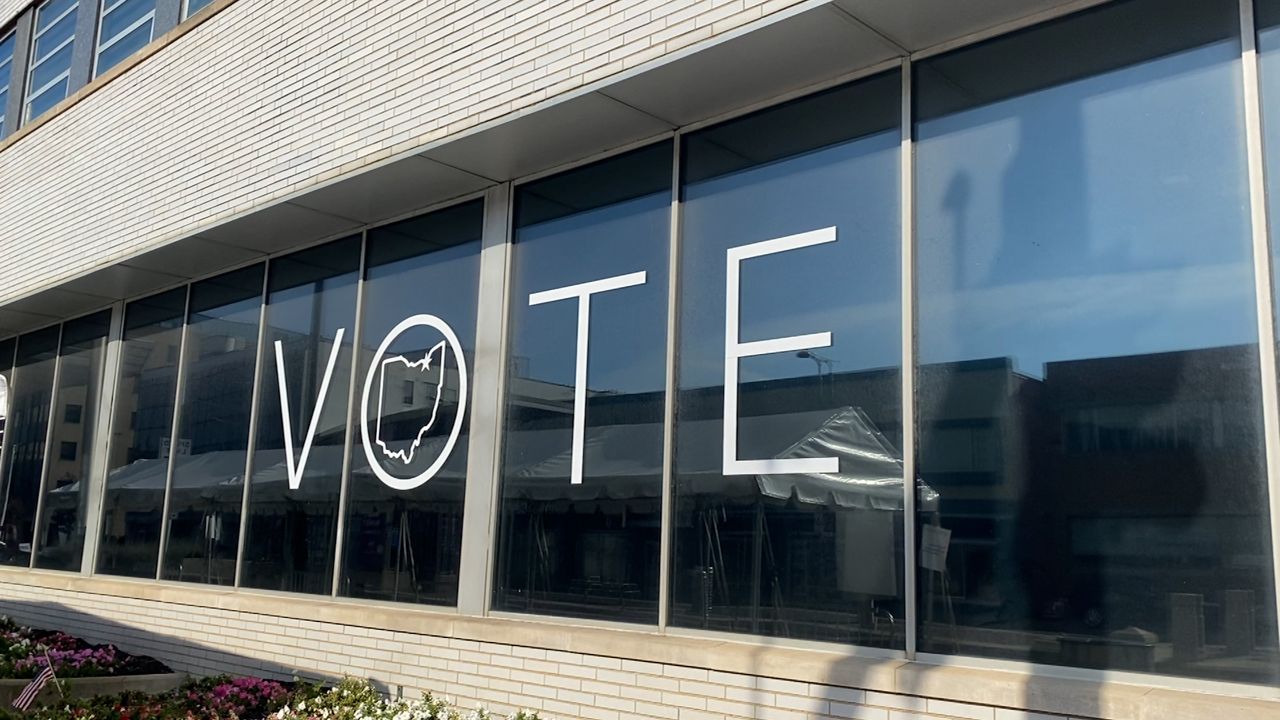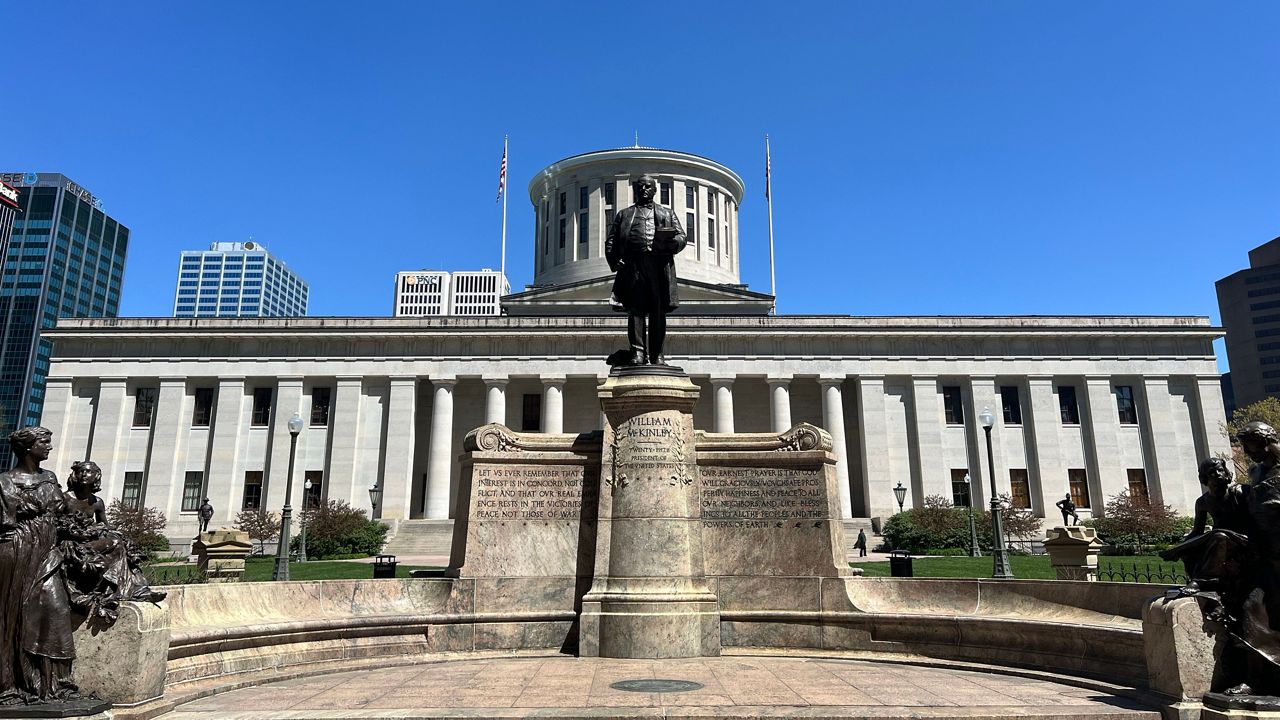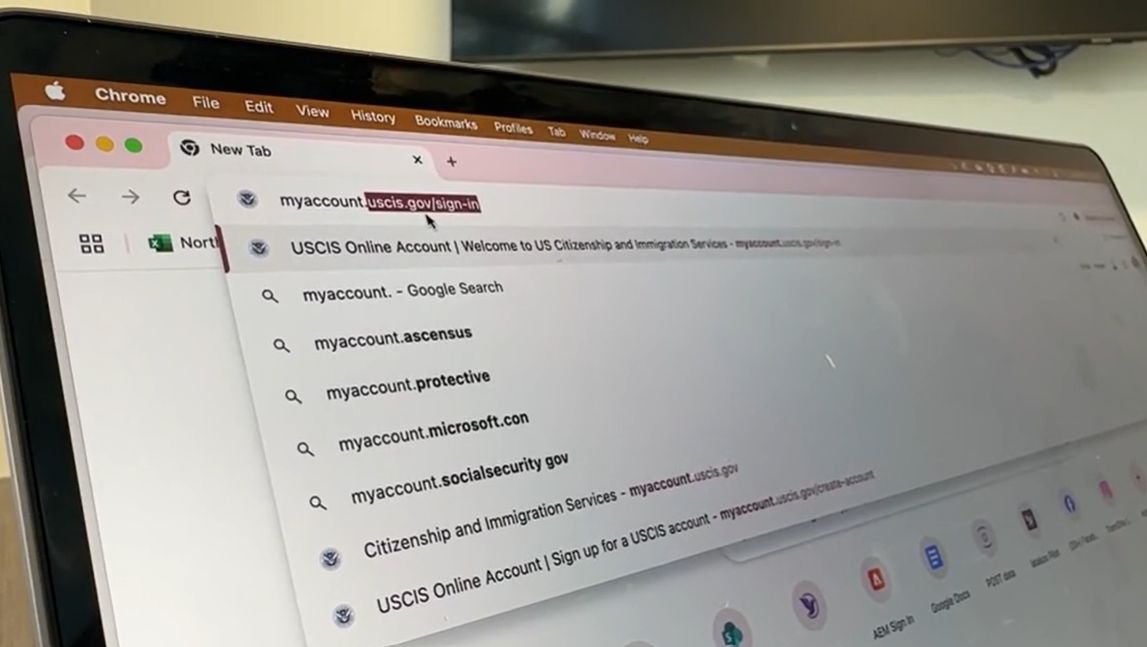COLUMBUS, Ohio — Republican Gov. Mike DeWine signed the Advance Ohio Higher Education Act into law Friday afternoon.
The legislation, sponsored by State Sen. Jerry Cirino, R-District 18, bans diversity, equity and inclusion programs and makes other sweeping changes to public colleges and universities in the state.
In a statement from Cirino's office, he said the signing of the bill makes history.
"I believe this is monumentally significant legislation that will allow Ohio’s public universities and community colleges to deal with looming enrollment challenges and usher in a renaissance of academic excellence," he said in the statement.
Students, teachers and civil rights groups had been calling on DeWine to veto the legislation.
In a statement, Ohio House Minority Leader Allison Russo said DeWine failed the people of Ohio by signing this into law.
"The governor now has to live with the consequences that will haunt his legacy because signing SB 1 into law begins the inevitable destruction of Ohio’s cherished higher education system by legalizing state-sponsored censorship and discrimination, it will damage our economy and future by making Ohio an extremely undesirable place to learn and work, and it radically undermines the collective bargaining rights of workers,” she said in the statement. “It’s Republican policies exactly like this that are ripping people off and failing to address the issues that matter most to working families.”
The measure, which sparked hourslong hearings and protests attended by hundreds of demonstrators, was a priority of the GOP-supermajority Legislature, after dying amid partisan infighting last session. This year, it moved quickly. After being introduced in January, it cleared the Senate in February, cleared the Ohio House with changes 59-34 last week, and was given final approval on a 20-11 vote in the Senate on Wednesday.
Besides banning DEI programs and rescinding certain collective bargaining and tenure protections for faculty, the bill also makes schools promise not to influence student views on “controversial” topics, require every Ohio college student to take a three-hour civics education course and impose dozens of other programmatic and administrative changes. Schools that violated its provisions would risk losing their state funding.
Cirino has said the bill aims to protect “intellectual diversity,” not dampen it. During Senate debate on the bill in February, Cirino called DEI a “debacle” that “has morphed into institutional discrimination” against conservative perspectives.
Republican President Donald Trump has made the same argument as he has taken aim at DEI programs at the federal level, to the relief and delight of many conservatives.
A group of federal employees targeted for dismissal because of their involvement in such activities has filed a class-action complaint against the administration. And on Thursday, a federal judge temporarily blocked another of the president’s DEI-related executive orders affecting federal contractors and grant recipients.
ACLU of Ohio Policy Director Jocelyn Rosnick said the bill "sends a clear, harmful message to students that their unique backgrounds, experiences, and perspectives are not welcome in Ohio."
“Further, the exceedingly vague and contradictory language regarding the banning of so-called ‘controversial beliefs or policies’ creates a slippery slope for faculty and administration,” she said in a statement. “This could lead to faculty avoiding any such topics in classrooms for fear of retaliation.”











